Aplicații ale matematicii

Predicting the Weather
Mathematics and supercomputers can help predict one of the most complex systems on planet Earth.

MRI and Tomography
Advanced mathematical techniques allow us to reconstruct three-dimensional images for solid objects like your head.

Internet and Phones
The internet consists of millions of conneted computers and devices. We need mathematics to navigate this network!

Epidemics Analysis
Equations can help us predict how the outbreak of a new disease might spread over time, and evaluate different responses.

Maps of the Earth
How can we represent the spherical surface of the Earth on a flat, two-dimensional map?

Reading CDs and DVDs
Mathematics can fill in the gaps caused by scratches and dust on the surface of CDs or DVDs.
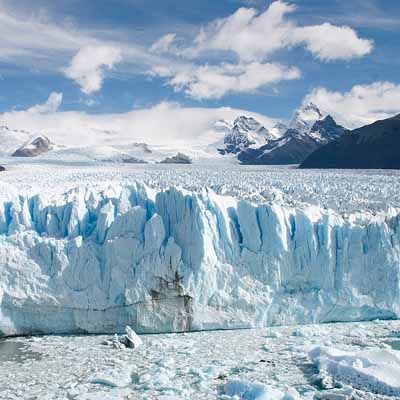
Glacier Melting
Mathematical models can predict how quickly glaciers are melting.

Public Key Cryptography
Whenever you send an email or use a credit card online, prime numbers help you keep your information safe.

Satellite Navigation

Codes and Communication
Sending digital messages relies on different fields of mathematics to ensure transmission without interference.

Building Bridges
Engineers need mathematics to construct stable bridges that can withstand wind, as well as vibrations caused by driving or walking.

Digital Music
Mathematical codes allow the waveforms of sounds and music to be converted into numbers that can be stored on digital devices.
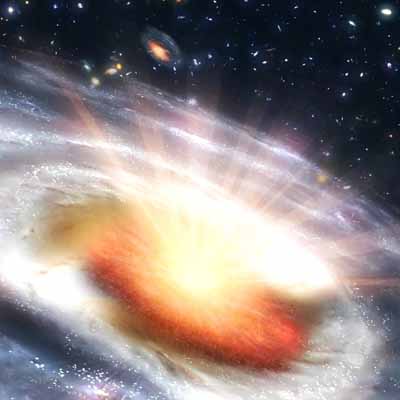
Cosmology
Can mathematics help us understand the origin and future of the universe?

Gambling and Betting
How do you calculate the probability of winning games with cards or dice, or determine the best strategy?

Breaking the Enigma
Wars often force advances in technology. World War II is no exception. The need to encode and decode messages lead to one of the first computers.

Search Engines
Search engines like Google are built using enormous matrices.

Finance and Banking

Computers

Supply Chains
Every day millions of containers boxes letters and parcels are transported around the world. A logistical task impossible without mathematics.

Construction
How can we build skyscrapers that can withstand storms and even earthquakes?

Automotive Design
From the shape of the body to the engine, the materials to the colors, math touched nearly everything in car design.

Neurology

Navigation
Navigation tools have changed throughout history, but they have always depended on math.

Speech Recognition
Probability drives the technology behind speech-to-text

Robotics

Football Scoring
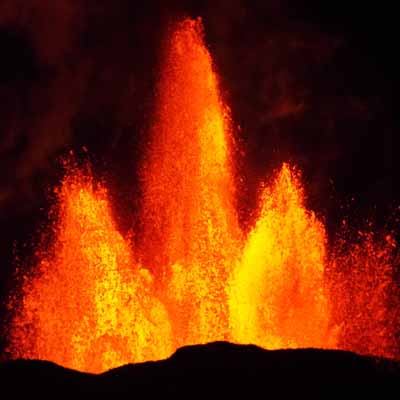
Volcano Monitoring
When will a volcano erupt?

Lottery

Roller Coaster Design
Roller coasters are math in motion.

Public Transportation
Operations research studies, among other thing, the logistical elements of scheduling, vehicle capacity, and routes.
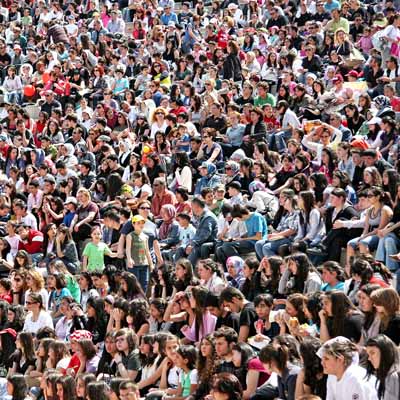
Crowd Control
How are crowds like water? Large groups of people move and interact in much the same way as fluids.

Insurance

Space Observations

Computer Games

Carbon Dating
Carbon dating tells us the age of formerly living things.

Computer Circuits

Making Music

Movie Graphics
Computer-generated imagery uses a combination of 3D coordinates and complex numbers to create the illusion of reality.

Defence and Military

Traffic Optimisation
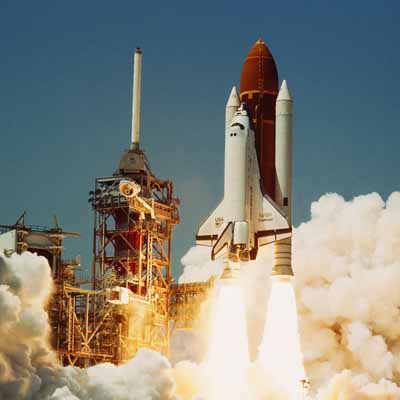
Rockets and Satellites

Artificial Intelligence

Crime Prediction
Mathematical modelling can identify crime hot spots.

Search for Alien Life
What do prime numbers have to do with finding alien life?

Fraud Detection
How can math help financial institutions detect fraud?

Data Analysis

Wildfire Modelling
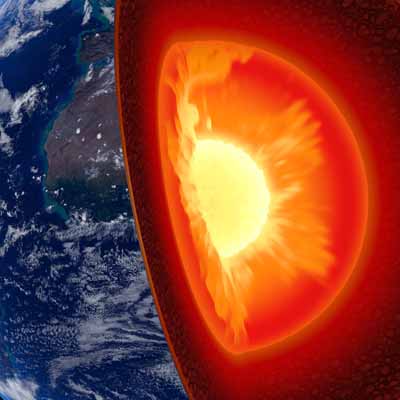
Tectonic Plate Motion
Data analysis can open our eyes to things we cannot see directly like the Earth's core.

Microwaves
Microwaves cook food at the molecular level.

Image Compression

Pharmacy and Medicine

Swimsuit Design

Pricing Strategies
We think of prices as fixed values outside our control. But, is there a way consumers can change the price of a good?

Polling and Voting

Music Shuffling

Game Theory

Population Dynamics

Coral Reef Growth
Coral reefs are declining. Mathematical modeling can give us clues about why.

Erosion and Coastlines
Sea level rise continues to affect erosion of coastlines around the world.

Plastic Surgery

Diffusion of Liquids

Measuring Time

Cooking and Baking
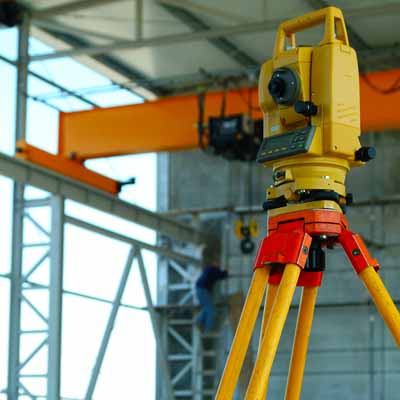
Surveying

Loans and Interest
